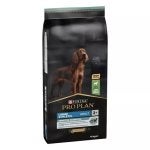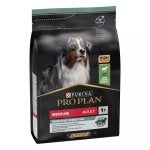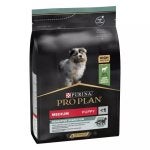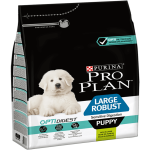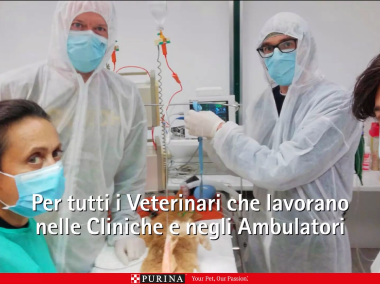As seen in other studies, diarrhea is a common condition amongst shelter dogs, and go-to treatment approaches vary from dietary therapies to drug based or probiotic treatment. In this study from 2017, metronidazole alone or in combination with, Enterococcus Faecium SF68 was assessed in shelter dogs with diarrhea to assess the dog’s outcomes. All dogs were fed a standardized diet and administered metronidazole, but though a randomized process they were then assigned to either receive a commercially available probiotic* or a placebo. The total days with normal stools were higher in those dogs administered a probiotic (dual therapy of metronidazole and a commercially available probiotic) with a P = 0.0496 and 65.6% of days with normal stools in a 7-day range, vs 46.9% in those administered the placebo.
From the combination group, it was found that in the two dogs with Giardia cysts, they disappeared, and the diarrhea was also resolved. In the placebo group, however, from the 7 dogs who tested positive for Giardia, 6 continued with the cysts and 4 continued to have diarrhea by day 7. In conclusion, data from this study indicates the application of metronidazole in combination with SF68 can have a positive clinical response for shelter dogs with diarrhea.
 purina: insieme è meglio
purina: insieme è meglio











